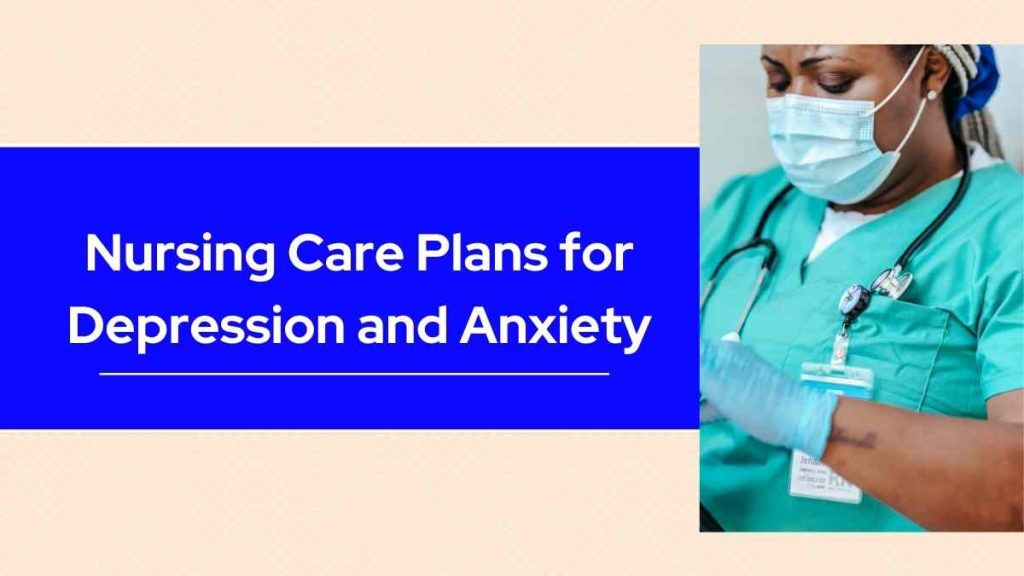- Oak Brook:(630) 705-9999
- Chicago:(312) 920-8822
- Email:inquiry@vervecollege.edu
- Make a Payment
- Home
- Programs
- Admission
- Resources
- ATI Entrance Exam Resources
- New E-Digital Library
- Refer a Friend
- School Newsletter
- Events
- Employers
- Job-Network
- Alpha Beta Kappa Candidates
- Verve College Library
- Graduation and Pinning Ceremony Photo Galleries
- Textbook Information
- Career Services
- Tutoring
- School Catalog
- FAQ
- Constitution Day Program
- Alumni
- Verve College Plans
- Financial Aid
- HEERF Reporting
- Satisfactory Academic Progress
- Apply For Financial Aid
- Net Price Calculator
- Return of Title IV Funds (R2T4)
- Financial Aid Office Code of Conduct
- Contact
- FAQs
- Verification Policy
- Vaccination Policy
- Student Right-to-Know Act
- Misrepresentation
- Information Security Program
- Academic Award Year
- Availability of Employee
- Cost of Attendance
- Health & Safety Exemption Requirement
- Students Rights and Responsibilities
- Leave of Absence
- Pell Formula
- Military Students
- Grants/ Scholarship Policy
- Contact Us
- Testimonials
- Blog
Is a Nursing Career Right For You?
Take The Free Quiz
Nursing Care Plans for Depression and Anxiety
Nursing Care Plans for Depression and Anxiety
Depression is a mental disorder that causes intense sadness and the loss of enjoyment or interest in once-loved things. Major depression can affect how you feel and think. It may cause severe emotional symptoms of depression or even make you believe that daily life is no longer worth living. Night and weekend LPN programs (nursing programs) provide flexible scheduling solutions for those pursuing careers in nursing while managing mental health conditions like depression.
Major depression affects not only one’s emotional state but also their physical health. Patients can stop taking care of their hygiene or experience sleeplessness. They may also overeat or eat little or not, leading to weight gain or loss. Now understand the practical nursing care plan for depression and anxiety.
Nursing Care Plan for Depression and Anxiety
Self-Care Deficit Analysis – Nursing Diagnosis for Depression
1. Assess Barriers to Self-care
Depression is a barrier, but the health care team should dig deeper to find out the reasons for the patient’s poor care. Patients may need more time or energy to complete the task, need assistance, or feel that the job is unimportant.
2. Assess the Support System
Assessing whether the patient needs physical assistance with specific tasks is essential in nursing homes. Support persons can encourage depressed patients to take part in self-care.
3. Assess Your Prescribed Medication Regimen
Depressed patients are likely to take antidepressants, anti-anxiety drugs, and sleep aids. All of these have a relaxing effect and can increase sleepiness. To ensure that the patient does not take these drugs too much, you should assess how they take them.
Self-care Deficit Interventions – Nursing Diagnosis for Depression
1. Encourage and Coach
Individuals with depression or social anxiety disorder can cause a patient to have a slower and clouded thinking process, as well as difficulty concentrating. Even simple tasks may require step-by-step instructions done by a healthcare team.
2. Establish a Schedule and Routine
Motivating the patient by establishing a sleep/wake routine and a set of rules for eating, dressing, and grooming can be helpful.
3. Enjoy Your Meal With Others
Encourage the patient to eat meals with friends, family, or other patients to encourage socialization.
4. Offer Nutritious Meals, Snacks, and Fluids
Depression & levels of anxiety can cause a patient to lose their appetite or the energy needed to cook. Ensure the patient drinks plenty of water and offer nutritious snacks like fruit, nut butter, yogurt, or granola, which are easy to prepare.
Related:- 5 Obesity Nursing Care Plans
Hopelessness Assessment
1. Examine Additional Causes of Depression
Depression & panic disorder, exacerbated by financial strain, legal issues, relationship tensions, or other chronic health conditions, can lead to hopelessness. These conditions may need nursing interventions.
2. Examine Your Coping Strategies
Some of these include excessive sleep, drug abuse, risky sexual behavior, avoiding responsibility and progress, as well as self-harm.
3. Spiritual Beliefs Are Essential to Consider
Religious beliefs can be a source of hope. Still, they can also cause stress and inadvertently harm the patient’s mental health. Religion can bring hope, but it can also add stress to the patient and harm their mental function and well-being.
Hopelessness Interventions
1. Develop a Relationship of Trust
A rapport of trust and support will allow the patient to express their feelings.
2. Help the Patient to Recognize Their Control
Patients may need to be more informed about what they can or cannot control. Help the patient recognize misconceptions and only accept what they can change.
3. Encourage Counseling/therapy
A trained mental health professional is required to intervene in cases of major depressive disorder. Psychologists can assist with accepting and adapting to quality of life changes. They can also help to set realistic goals and develop skills for coping. For clinical training must enroll in licensed practical nurse programs near me.
Want to Make a Career in Nursing? Get More Information About Our Courses!
4. Help to Identify Positive Coping Strategies
Help the patient with adaptive coping strategies they used and were successful or daily activities they enjoyed in the past that they can use now. Journaling, music or dance, sports or traveling, playing with pets, or spending time outdoors are all examples.
 Sign up
Sign up Login
Login




